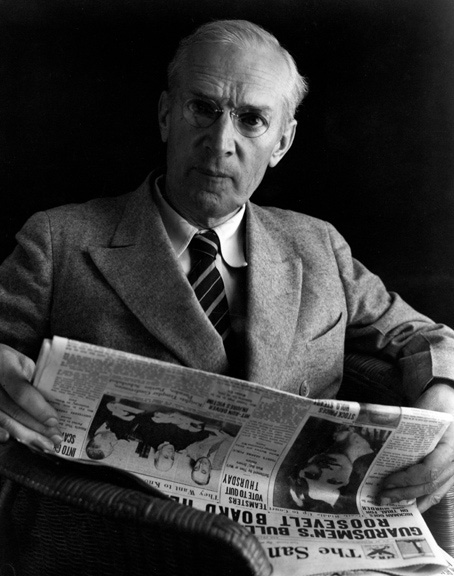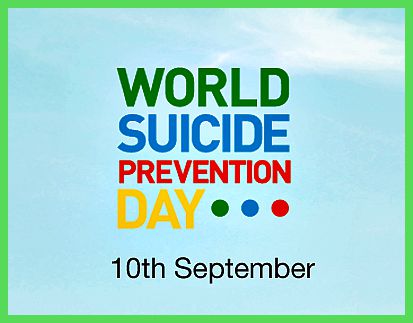Candi Cushman: Bring Your Bible to School Day
![]()
An Interview with Candi Cushman: Bring Your Bible to School Day
Candi Cushman is education analyst at Focus on the Family and Bring Your Bible to School Day spokesperson. In this interview she responds to questions about bringing one’s Bible to school.
1) I have just found out that today is “Bring Your Bible to School Day” How did this come about ?
Over the past few years, we’ve not only heard from students, but also have seen an increase in news stories about kids in public schools who’ve been told that they can’t engage in basic religious freedom activities—such as praying silently over their lunch, or reading their Bible during free time, or sharing their favorite Scripture verse as part of a class report. In essence, many students have basically been told they have to hide their faith at school.
But that’s not correct—they shouldn’t have to feel ashamed of their faith or that they have to hide who they are as a Christian when they walk in the school door. These are basic First Amendment freedoms in the Constitution—so it seems like schools should be celebrating and educating students about these rights, not censoring them. As a result, in 2014, Focus on the Family launched Bring Your Bible to School Day to empower students to understand what their basic religious freedoms are and be equipped to put them into practice.
On this annual day, thousands of students celebrate religious freedom by taking a simple action— bringing their Bible to school and talking about it with friends before and after class. More than 300,000 thousand students across the nation will participate today (Oct. 6).
2) Who is organizing this event?
Focus on the Family sponsors the event for students (from kindergarten to college level)—meaning we make available free, downloadable resources and raise awareness nationally about what the students are doing and the religious-freedom issues at stake. But it’s completely up to students to voluntarily initiate, lead and organize the event and activities in their individual schools.
3) Are there any legal concerns?
There are multiple court decisions—all the way to the U.S. Supreme Court level—backing students’ First Amendment rights to engage in religious-freedom activities like these, as long they are doing so in a way that doesn’t interrupt instruction time. So there should not be any problem with a student simply bringing a personal Bible to school, just as a student might bring any other favorite book, and read it during free time or talk about it with friends before or after class. However, school officials are sometimes genuinely misinformed—or they may be reacting out of fear in response to intimidation efforts from activist groups outside the school —so they unnecessarily restrict or even censor students’ expressions of their faith.
As a result, occasionally participants are challenged on the right to have their Bibles on their desks during free time or even participate in the event. If students face that kind of challenge, we encourage them to thank their school officials for sharing their concerns and provide assurance that they really do want to communicate their perspectives in the most peaceful and respectful way possible. Students can show school officials information about their rights to participate (which is included in materials found on the event website). A student can also respectfully request that the official check with a supervisor first and explain the reason for asking the student to stop participating. If the school official remains insistent that the students stop, we advise that they comply immediately. Later, they can obtain help in resolving the situation or request advice by contacting Alliance Defending Freedom, a longtime advocate of religious freedom in public schools and a partner with Focus on the Family for Bring Your Bible to School Day. Attorneys at Alliance Defending Freedom can offer Bring Your Bible students free legal representation in the event their rights are violated.
In short, we encourage students to remain respectful, yet confident, about their right to participate in religious-freedom activities.
4) What are you hoping to accomplish?
The goal is to provide a fun, celebratory way to empower students to 1) understand what their religious freedom rights are at school and 2) how they can put those rights into practice in everyday situations and conversations. Not only does this educate students about our nation’s historical First Amendment traditions and the fact that they can freely live out their faith in public, but it also lets them know they are not alone, because they are joined by thousands of others participating across the nation. Plus, by exercising their rights they are also helping to protect religious freedom for other kids—for generations to come who will one day walk through the doors of their school.
5) Is there anything wrong with a student bringing their Old or New Testament to school every day?
All students have these equal rights, and they can exercise them every day of the school year. But the sad fact is, a lot of students don’t know this—or they get wrong information. That’s where Bring Your Bible to School Day comes into the picture: It’s a visual celebration of students’ religious-freedom rights and a reminder that they have the right to freely express their faith in a civil and respectful manner.
6) Are there any legalities to having a Bible in their locker?
If the school allows students to store other favorite books they like to read during free time in their locker, then there should be no problem with a student also storing the Bible there.
7) Now, after school hours- can kids read, say from Psalms or Proverbs? Or whatever book they want?
Generally speaking, if the school allows other students to engage in extra-curricular club meetings and activities after school, then students in a Christian club should have the same rights, which would include activities having to do with their mission and perspective, such as reading their favorite passages in the Bible. They should also have the right to pray before or after school, as demonstrated by the annual “See You at the Pole” student-led event each year. For more information about students’ rights, we invite your readers to check out our “fast facts” and other links at http://www.bringyourbible.org/know-your-rights/
8) What have I neglected to ask?
You’ve covered all the bases. We’d just summarize by inviting your readers to listen to a few of the students share their own stories, including Brytney’s and Giovanni’s.
9) Where can readers get more information ?
We invite your readers to visit the website, www.bringyourbible.org where we share lots of stories and feedback from students who participate in the event, in addition to information about students’ First Amendment rights at school.








